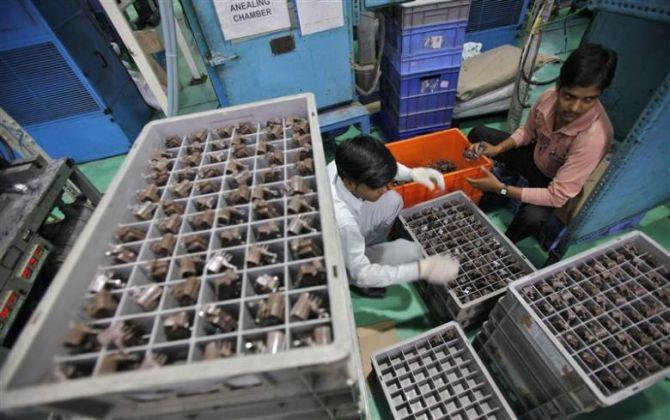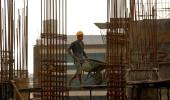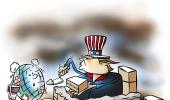A knee-jerk reaction, they said, could be detrimental to the fortunes of an industry that is highly dependent on the country given the huge competitive advantage it offers, in terms of cost and speed.

Auto manufacturers and component makers in India have sounded a note of caution against the rising call to boycott Chinese products.
A knee-jerk reaction, they said, could be detrimental to the fortunes of an industry that is highly dependent on the country given the huge competitive advantage it offers, in terms of cost and speed.
India’s $120-billion auto industry sources 8-20 per cent of its annual requirement from China, show industry estimates.
Rajiv Bajaj, MD of Bajaj Auto, said: “China offers competitive advantage in terms of speed and costs.”
While it is possible to find alternatives and concurrently produce locally, it will be a long-drawn strategy and cannot be done overnight, said Bajaj.
“As a global company, we need experiences from various markets in order to complete our understanding.
"It doesn’t matter whether we make or sell. For that reason, I don’t see us moving away (from China) as of now.”
Bajaj Auto and its suppliers source components worth Rs 1,000 crore from China.
Despite a 10 per cent duty and higher logistic costs, sourcing from China is cheaper than procuring domestically and, on an average, leads to savings of 12-15 per cent for companies, say industry officials.
Deepak Jain, president of the Auto Component Manufacturers Association (Acma), agrees with Bajaj.
“As an industry, we need to have a measured approach. Any knee-jerk reaction will only hurt us and not China.
"We cannot suddenly say from tomorrow we have to increase import duty to 25 per cent,” said an executive of a large auto company.
Of the $17 billion annual imports by the auto component industry, about $4.5 billion (or 27 per cent) comes from China, said Jain.
“While we need to be self-reliant, it’s a long-term journey,” he added.
The outbreak has exposed the danger of relying too much on one region.
Since then, there has been a de-risking strategy in place at most firms.
All companies are, therefore, looking at a “China plus one strategy”, said Jain, adding that India doesn’t have the competitiveness in terms of scale and cost.
“We need a sustainable supply chain. We have seen, through the Covid experience, the complex and integrated nature of the supply chain,” he added.
A top executive of an auto firm said developing a second supplier source would happen in a big way.
He added that sourcing from one point was fraught with risks.
“More and more companies are going to look at two sources - from two different countries.
"Even in India, I would not want to source all parts from one region,” he said.
However, he said it would not be done in a hurry but only after normalcy was restored.
“The nationalistic feeling will not last beyond two months.
"After that, we’ll be back to buying everything from agarbattis and toys, to chappals made in China.
"It will not lead to any change in long-term buying habits,” said the executive.
Experts agree that matching China’s scale and costs will be a long-drawn effort.
“Given the huge reliance India’s industries have on China, finding an alternative source that offers the same scale and cost will take several years,” said an analyst at a consulting firm.
While it’s an opportunity for the auto component makers, it has to be a nuanced approach.
It will require joint efforts by auto makers, suppliers, and regulators, he added.
Photograph: Adnan Abidi/Reuters











